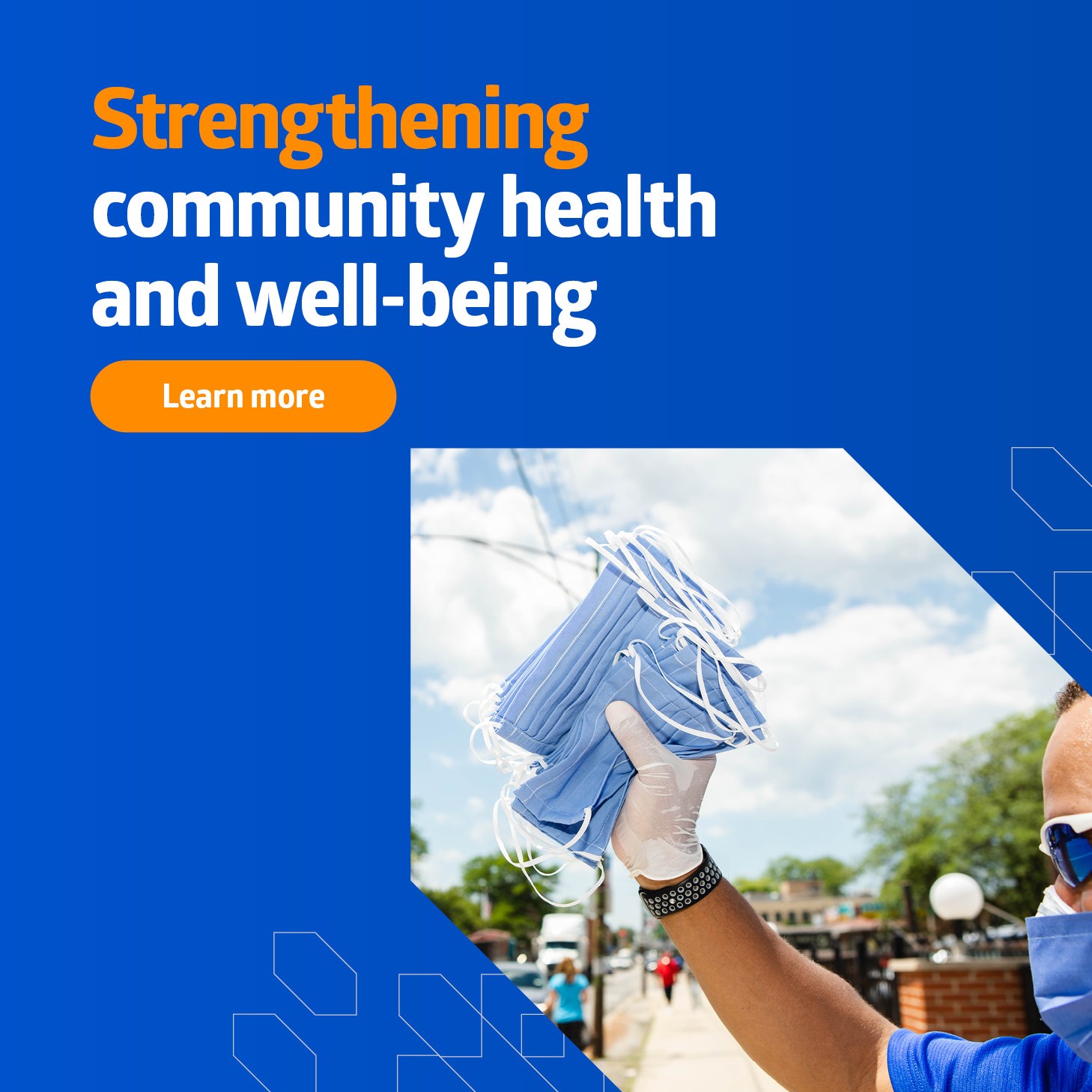Medline event addresses social determinants of health

Black patients with diabetes are more likely to undergo amputations
By Medline Newsroom Staff | February 28, 2022
Diabetes affects nearly 30 million U.S. children and adults, and without appropriate treatment and care, can cause severe heart, kidney and eye complications, as well as nerve damage and reduced circulation. According to the American Diabetes Association, diabetes can make it difficult to know if feet or other extremities are injured, and limit the body’s ability to fight infections, increasing amputation risk.
Despite improvements in diabetic care, the rate of diabetes-related amputations grew by 50% between 2009 and 2015, with amputations among Black patients triple that of other populations.
A recent Medline-sponsored online discussion, “Exploring the Impact of Social Determinants of Health on Limb Salvage,” featuring Lawrence Harkless, DPM, a renowned podiatrist, addressed the need for a holistic approach to diabetic care, reflecting an understanding of and addressing social determinants of health which impact disease prevalence in communities, patient care and adherence to recommended treatment protocols, especially in Black and other communities of color.
Dr. Harkless, interim dean of the University of Texas Rio Grande Valley (UTRGV) School of Podiatry and professor of surgery for the UTRGV School of Medicine, has authored numerous research studies on diabetes, wound healing and amputation. The webinar was among the Medline-sponsored events and resources during Black History Month.
“With diabetes, it’s important to look at the disease from a preventative perspective,” said Dr. Harkless. “Do you understand it? Do you know how to take care of it? And what are the barriers to you being able to do that?”
The social determinants of health
Healthy People 2030, a U.S. Department of Health and Human Services’ Office of Disease Prevention and Health Promotion initiative, defines social determinants of health as “the conditions in the environments where people are born, live, learn, work, play, worship, and age that affect a wide range of health, functioning and quality of life-outcomes and risks.”
Dr. Harkless said these social determinants, or barriers, are the “biggest” problem in healthcare today, encompassing “everything that impacts who we are and how we relate.” They can include inadequate or unstable income and housing, a lack of access to healthy food and transportation, as well as clinicians lacking the training and empathy to fully understand the many “factors” that contribute to social determinants of health.
“Limb salvage is primarily related to patients with diabetes,” said Dr. Harkless, and most diabetics have co-morbidities – other conditions such as hypertension, high cholesterol and lipids, peripheral arterial disease and cardiac issues, and obesity – that “tend to affect Black, Latino and other populations disproportionately” and have a “cumulative” effect on the progression of the disease and related complications.
Holistic patient care
To gain a holistic view of each patient, Dr. Harkless conducts a comprehensive, 14-question assessment on diet, health, medications, family health history, home life, “competing priorities,” and access to care and resources. Dr. Harkless and his team then work to address any barriers to ensure optimal outcomes.
Margaret Halstead, Medline vice president of health economics and market access, and co-host of the discussion, said it’s important to take a holistic approach to patient care – this can include educating patients on available resources related to housing, transportation, food and other social determinants of health.
“You name the category and there is help available. The problem is that people don’t always know where to get help. The website findhelp.org is such a resource offering free and or reduce cost services in every category of the social determinants of health.”
Halstead said that Medline offers a broad range of Diabetes Care products at Medline at Home that can be delivered directly to a patient’s door, with easy-to-understand instructions to ensure timely and optimal product utilization.
“For our clinicians, as well as for our customers, it’s important to make sure that people are not just getting the best product, but that they know how to use them effectively to get the desired outcome,” said Halstead.
Learn more about Medline Skin Health solutions.
Learn more about how Medline is working to address health disparities in our communities.
Learn more about Medline’s commitment to inclusion & diversity.
Medline Newsroom Staff
Medline Newsroom Staff
Medline's newsroom staff researches and reports on the latest news and trends in healthcare.

